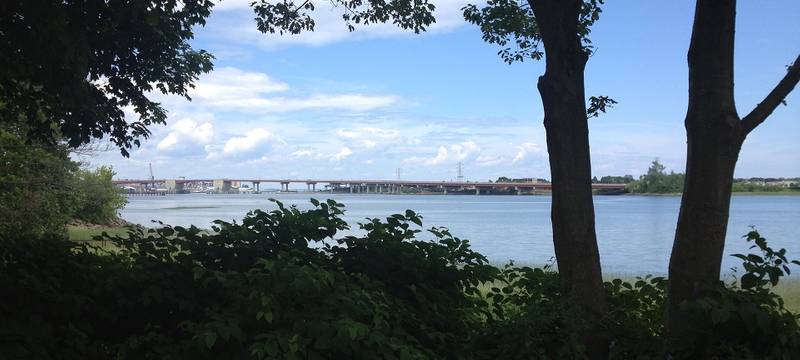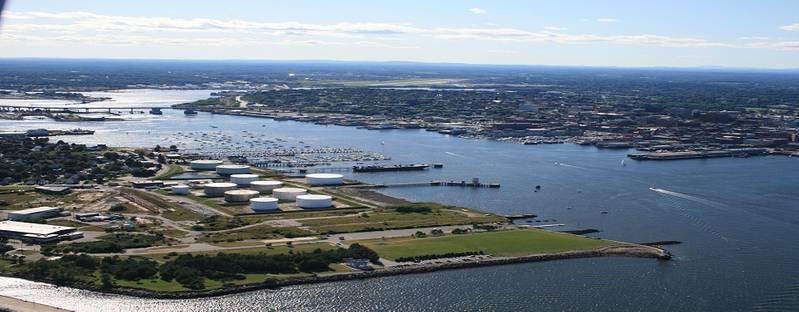Maine Port City Bans Oil Loading
City councilors in South Portland, Maine, voted late Monday night to ban the loading of crude oil onto tankers along its waterfront, throwing up yet another roadblock to the export of Canadian oil sands crude and setting up a showdown with industry which called the process illegal.
The city of 25,000, known for its scenic lighthouses and sweeping views of the island-speckled waters of Casco Bay, is also the east coast's second largest oil port, located at the southern terminus of the Portland-Montreal Pipeline, which currently flows north to Canada.
The so-called "Clear Skies Ordinance" would prevent the Portland Pipe Line company, principally owned by top Canadian oil refiners Suncor Energy Inc, Imperial Oil Ltd , and Royal Dutch Shell PLC, from reversing flow for export from the Portland Harbor.
The ordinance comes against the backdrop of strong environmental opposition to oil sands projects in the United States over fears about the potential impact of spills, and implications for climate change. The White House has for years delayed its decision on whether to allow TransCanada Corp to build the Keystone XL pipeline from Alberta into Nebraska.
Hundreds of supporters in light blue t-shirts, many from neighboring towns that have already passed symbolic votes to ban the transport of "tar sands" through their towns, packed a South Portland Community Center to cheer the vote late Monday.
"This is not just a South Portland issue. This is not just a great state of Maine issue. This is an international issue," said Peg Dilley, of nearby Casco, Maine, which lies along the pipeline's route.
Pipeline company Vice President Tom Hardison told councilors that his company had no plans to reverse the pipeline's flow, but added environmental concerns were based on emotion, not fact. The company and industry lobby group the American Petroleum Institute have promised to fight the ordinance.
"I think it's a sad day when science and facts are lost in favor of politics and popularity," Hardison said.
The Canadian government in March approved the reversal of pipeline company Enbridge Inc's "line 9" pipe across central Canada, potentially putting a new supply of Albertan crude at Montreal's doorstep, and raising the chances oil could flow south to Maine.
A reversal of Enbridge's line 9, however, may not be enough to trigger a Portland-Montreal reversal, because the project's 300,000 barrel per day capacity would meet only part of the demand from eastern Canadian refineries.
Maritime attorney Len Langer said South Portland's ordinance could set a precedent, if it stands.
"The real question here is, can a municipality regulate interstate and foreign commerce?" he said. "If the answer is yes, then... we'll see a lot more municipalities more aggressively regulating commerce within their borders."
South Portland Mayor Jerry Jalbert told Reuters the ordinance was an exercise in local regulation.
"From the perspective of a locally elected official, it's a simple issue. People fear this product could be damaging to the community, and they have asked us to act."
(Reporting by Dave Sherwood; Editing by Richard Valdmanis and Marguerita Choy)

















